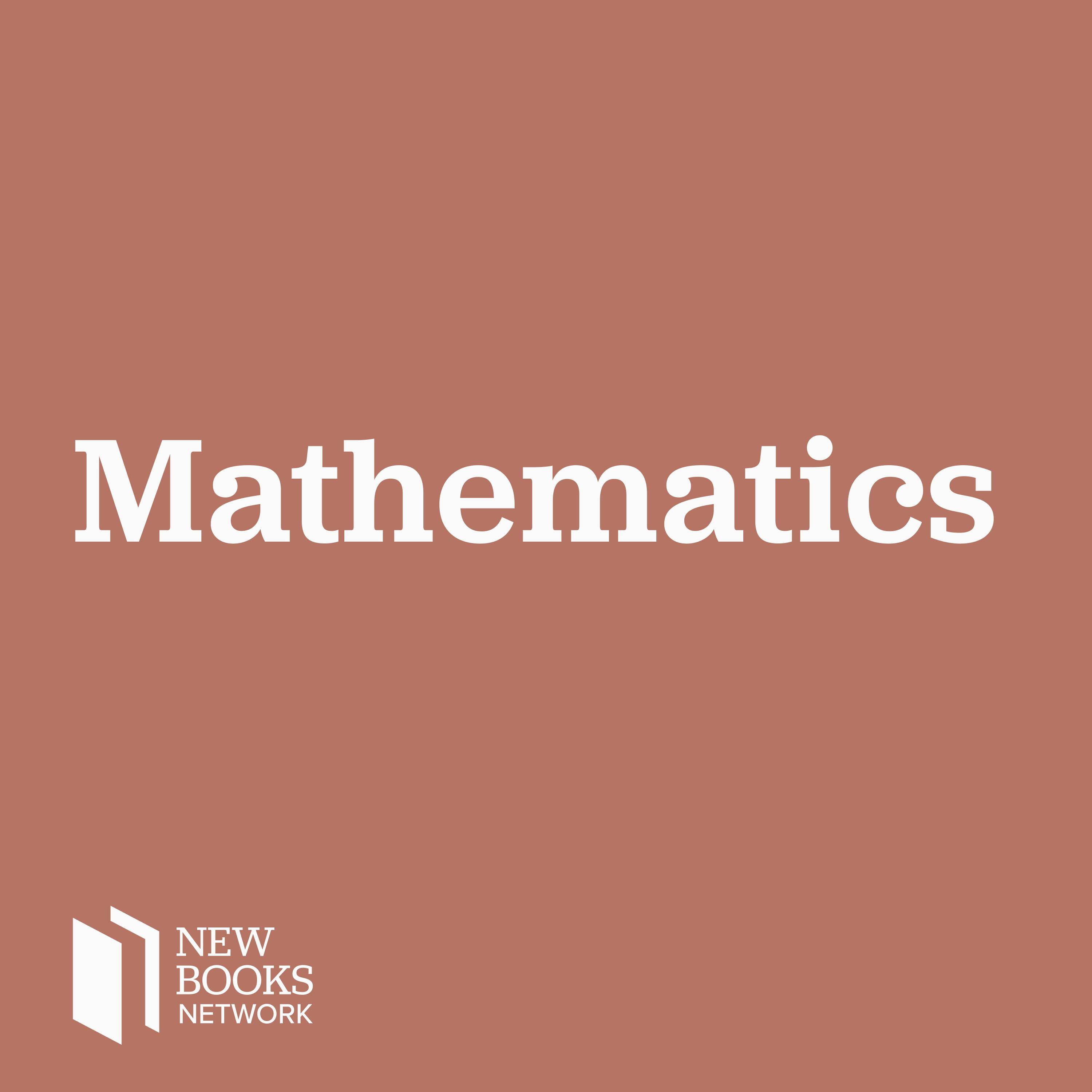Brian Clegg, "Ten Patterns That Explain the Universe" (MIT Press, 2021)
Description
Our universe might appear chaotic, but deep down it's simply a myriad of rules working independently to create patterns of action, force, and consequence. In Ten Patterns That Explain the Universe (MIT Press, 2021), Brian Clegg explores the phenomena that make up the very fabric of our world by examining ten essential sequenced systems. From diagrams that show the deep relationships between space and time to the quantum behaviors that rule the way that matter and light interact, Clegg shows how these patterns provide a unique view of the physical world and its fundamental workings.
Guiding readers on a tour of our world and the universe beyond, Clegg describes the cosmic microwave background, sometimes called the "echo of the big bang," and how it offers clues to the universe's beginnings; the diagrams that illustrate Einstein's revelation of the intertwined nature of space and time; the particle trail patterns revealed by the Large Hadron Collider and other accelerators; and the simple-looking patterns that predict quantum behavior (and decorated Richard Feynman's van). Clegg explains how the periodic table reflects the underlying pattern of the configuration of atoms, discusses the power of the number line, demonstrates the explanatory uses of tree diagrams, and more.
Galina Limorenko is a doctoral candidate in Neuroscience with a focus on biochemistry and molecular biology of neurodegenerative diseases at EPFL in Switzerland. To discuss and propose the book for an interview you can reach her at [email protected].
Learn more about your ad choices. Visit megaphone.fm/adchoices
Support our show by becoming a premium member! https://newbooksnetwork.supportingcast.fm/mathematics
More Episodes
Published 04/15/24
The stereotype of the solitary mathematician is widespread, but practicing users and producers of mathematics know well that our work depends heavily on our historical and contemporary fellow travelers. Yet we may not appreciate how our work also extends beyond us into our physical and societal...
Published 04/15/24
What's the best way to determine what most voters want when multiple candidates are running? What's the fairest way to allocate legislative seats to different constituencies? What's the least distorted way to draw voting districts? Not the way we do things now. Democracy is mathematical to its...
Published 02/01/24


